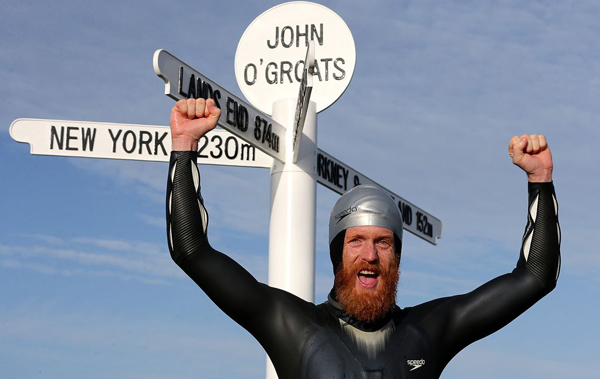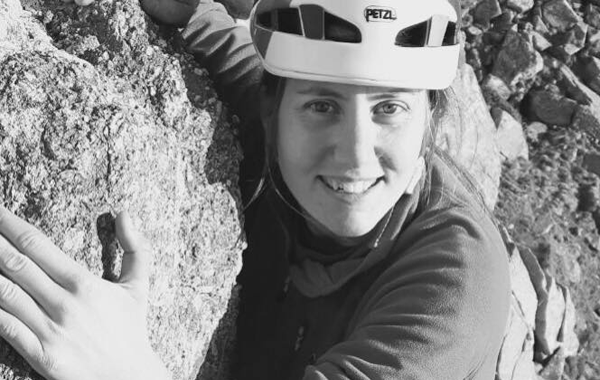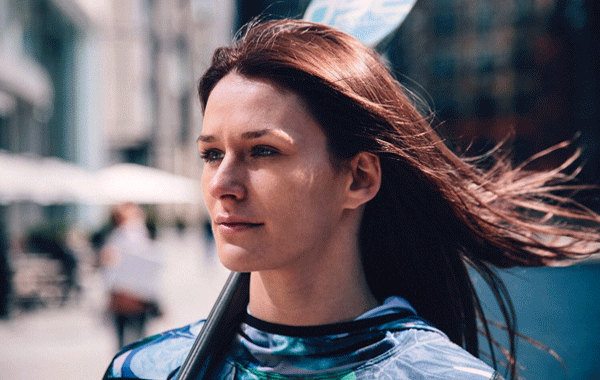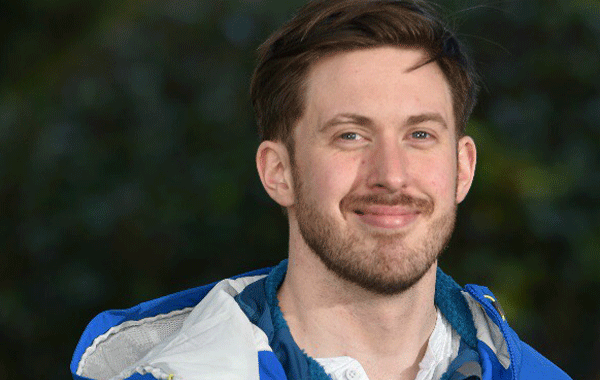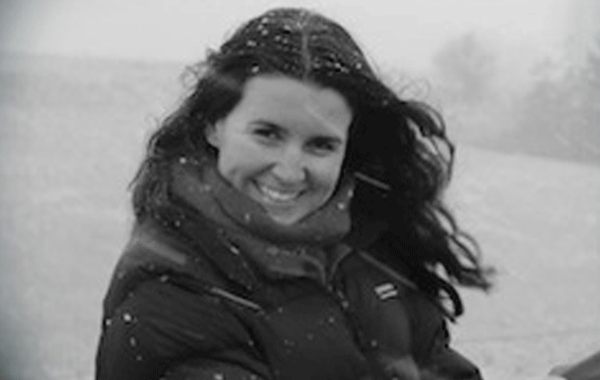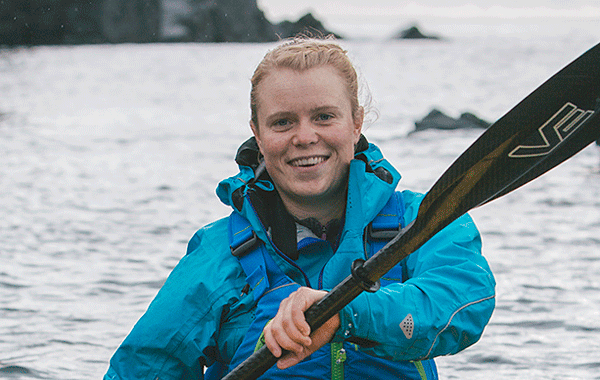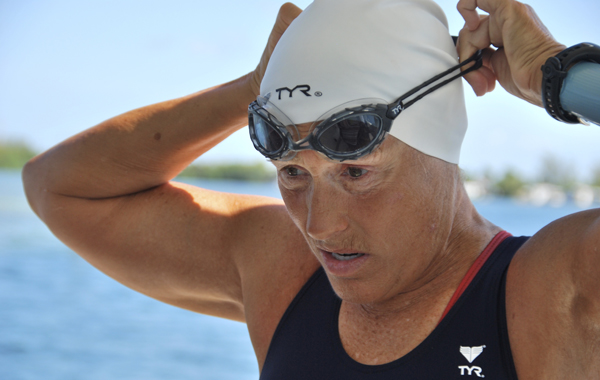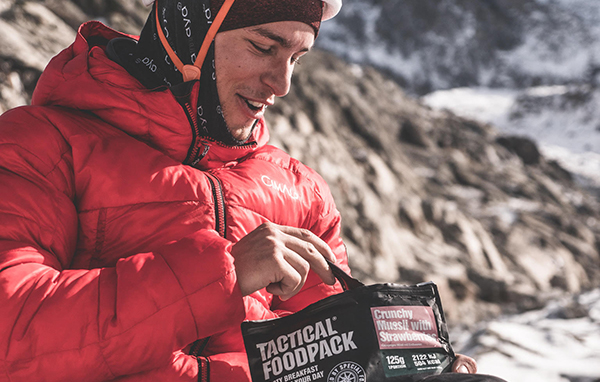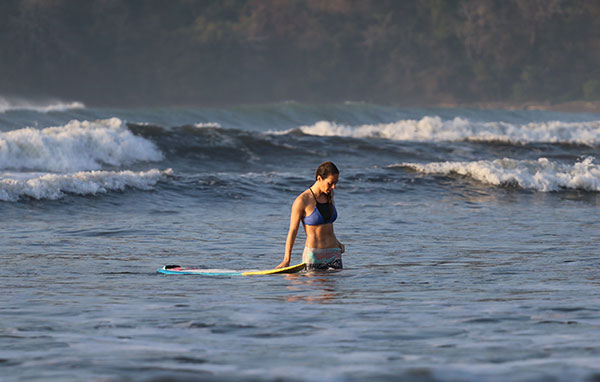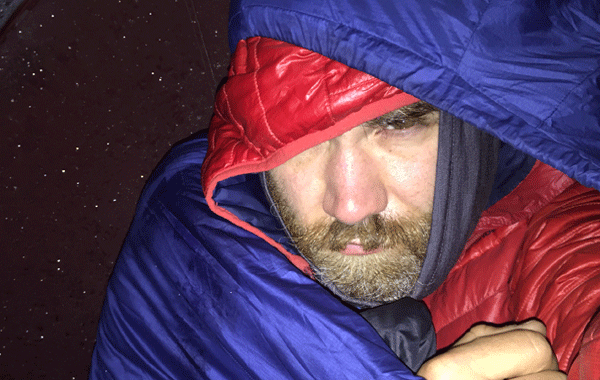
Aleks Kashefi has lived a life of adventure and has set himself some incredible challenges in the last few years.
ALEKS KASHEFI has lived a life full of adventure which has included an epic run of the length of Europe.
Here he talks to us about where his passion for the outdoors and pushing his body to the limits come from as well as his life and work as a teacher. Read on to find out how he plans to challenge himself over the next year as well as his unique take on life and all it has to offer.
To find out more about Aleks visit www.barefootaleks.wordpress.com.
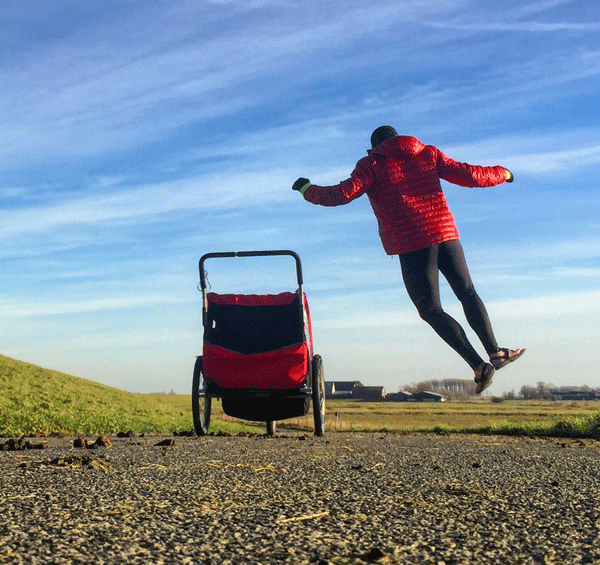
Aleks has endured some extremely harsh and testing conditions on his adventures but when the weather was good he always found the time for some fun!
When did you first realise you had a passion for adventure and the outdoors and what were any early adventures you went on?
When I ran Land’s End to John O’Groats self supported, although it was more a moment where I realised the extent of my want or need to be active and outdoors.
The earlier adventures weren’t anything people would generally class as an adventure, lots of trips to the Lakes, Wales, a memorable trip to Fontainebleau climbing with a group of friends, heading out on road trip to go skate, heading to the coast to spend a few days having fun with friends. They’re all mini adventures and all had a part in building the passion for the outdoors and adventure.
What have been some of your biggest adventures and challenges since then and where in the country and world have they taken you?
Running LeJog barefoot was quite a challenge. Taking on a winter Bob Graham round in full-on winter conditions (I decided to stop due to safety concerns and the slow pace so we could stay safe!), running Europe from north to south has been the most ridiculously difficult challenge.
I’ve ended up seeing more of the UK in the last four-and-a-hald through mini adventures and running than I had for 34 years of my life! I ran along the South West Coast Path, Offa’s Dyke, Pennine Way, Cairngorms, Arctic Norway, Sweden, Denmark, Germany, France, Spain, the list seems to just go on and on and on!
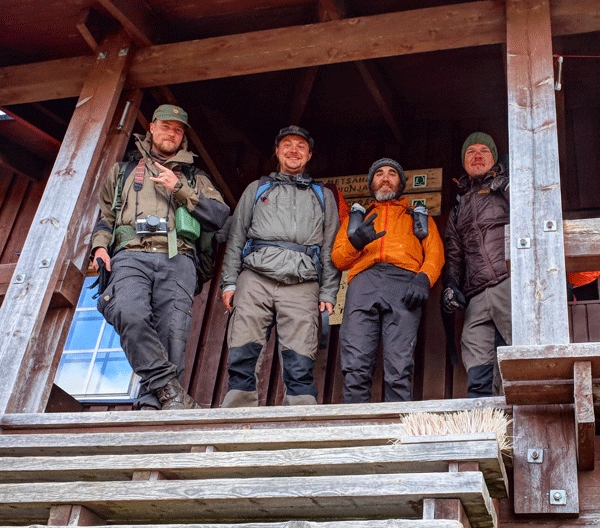
Aleks has been joined on adventures by friends he knew before as well as those he’s met along the way.
When and how did you come up with the idea to run the length of Europe and tell us about the planning and training that went into it?
A Facebook friend sent me a picture of a long distance trail called the E1 and I was toying with the idea of running a continent from its north to south. It seemed to make sense to have a go at Europe, although my plan was to complete the E1 trail first, then head to the most southern part of Europe.
Planning involved researching the cabins along the route and whether they had food, locating and having Sophie Rooney (who was also going to follow the same route but only as far as the end of Scandinavia), checking if the info you had was right, looking at Google Earth to get an idea of the terrain, testing different kit combinations to make sure what you had would be suitable and this is where it blends into training. I would do lots of low calorie training (run back-to-back 30-mile runs with only 500 calories of food intake), getting lots of ascent into my runs, sleeping on average no more than six hours a day while training in the mornings and evenings and having a full-tae teaching job in between. Then there were lots of conditioning and tabata workouts followed by slow runs so that I was basically more comfortable with moving while I was tired. Glad I did because the strain of running the whole route was just insane!
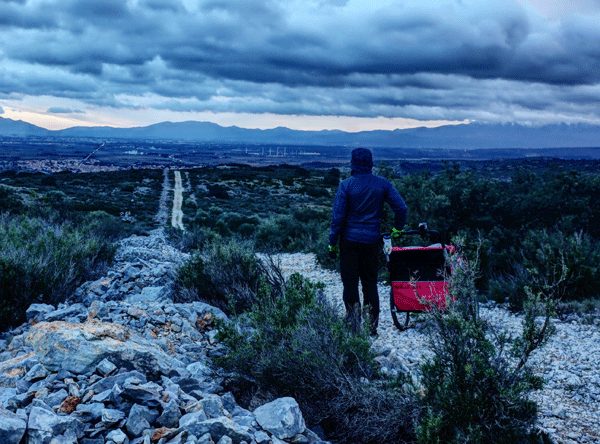
An open road excites Aleks and he has some exciting challenges planned for the years ahead.
What were some of the highlights and toughest moments of that challenge and how it felt like to make history and finally complete it?
There were so many highlights!
You’d be having a bad day and then the landscape would open up and you would have an incredible valley to look at, a sunset or sunrise that painted the land in pastel shades. You’d meet people along the way who would show such amazingly selfless kindness and you’d stand at times amazed by what you’re body was doing.
One of the toughest moments was making the decision to leave the E1 trail and just head to Tarifa. Lots of planning and support from others seemed to have been wasted at the time, the constant cold was a big challenge that followed me almost all the way to the end.
Spain has had its worst winter in 30-odd years and I managed to get hypothermic on one of the nights near the end!
The thing is that as you travelled south the challenge of running self-supported would change. Norway and Sweden had the challenges of finding and getting enough food, then it was the cold. In Denmark and Germany it was finding places that you could sleep and not be disturbed since wild camping is illegal in both countries. Germany and France are so populated that finding suitable routes became a problem (you can’t run on an autobahn!) and then Spain combined everything of the whole run into one place. Europe is a relentless land to run through!
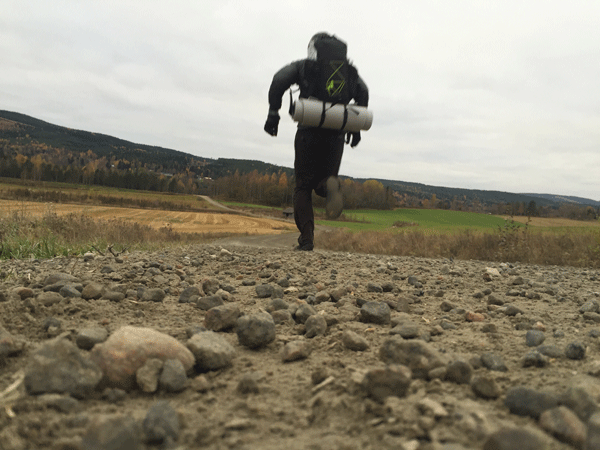
Running has always played a major part in Aleks’ adventures and life.
Tell us about your work as a teach and the message you try to instil in your pupils?
I spent seven years teaching science and all the while trying to help students develop and open mindset with a focus more on learning as a skill rather than learning the subject. You could see a big difference in the ones who got the idea compared to the ones who didn’t and it always stemmed from an ‘I can’t’ or ‘I don’t get it’ attitude, often without even looking at what they’d been given.
After running LeJog, I thought about this and decided to quit my job and take on Europe, something that I’d been making up little excuses to not do before. I hoped that by setting an example I’d have more impact on the ‘can do’ attitude of students. (Although that part is really just starting. The challenge is kind of irrelevant if there isn’t some work with others afterwards to encourage more adventurous mentality.)
What exciting projects and challenges do you have planned for the year ahead and beyond?
At this stage I’ll just say I’ve got a big challenge in 2018/19 which I’m prepping for and some fun smaller scale adventure in the UK for 2017. All of them are just pencilled ideas, with no dates, no routes and I need to do some saving, kit testing and training before I announce anything. But I will say that one of my goals is to get over my fear of swimming, so there’ll be lots of wetsuit wearing and getting out and swimming in open water the year! It’s a completely irrational fear that I developed at some point even though I can swim.

